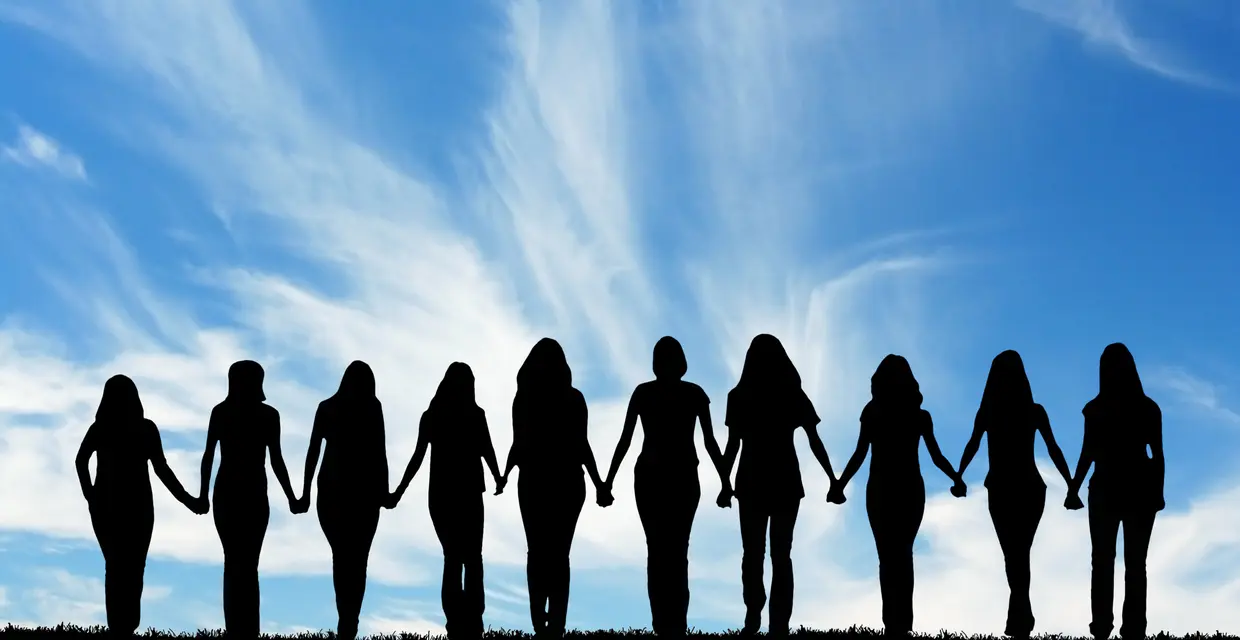Recovering from domestic abuse is a long and difficult journey, but one of the most powerful tools for survivors is finding support. Self-help groups for domestic abuse survivors offer a space where individuals can share their experiences, learn from others, and gain emotional strength. These groups are essential because they provide a sense of community and understanding that can make the healing process easier. In this article, we’ll explore some of the best self-help groups for domestic abuse survivors and how they can help.
What Are Self-Help Groups for Domestic Abuse Survivors?
Self-help groups for domestic abuse survivors are support networks where individuals can connect with others who have experienced similar challenges. These groups are a safe space where survivors can share their stories without judgment. They help survivors feel less isolated and offer emotional support through group discussions and activities. In addition to emotional healing, self-help groups often offer valuable advice and coping strategies to help survivors regain their confidence and strength.

Local Support Groups: Community and Connection
One of the best ways to find self-help groups for domestic abuse survivors is through local organizations. Many cities and communities have in-person groups that meet regularly. These groups provide face-to-face support and allow survivors to connect with others in their area. Local support groups often have a smaller, more intimate setting, which makes it easier to share personal experiences and create lasting connections.
Benefits of Local Support Groups
The primary benefit of local self-help groups is the sense of belonging they provide. Meeting with others in person creates a strong, supportive community. In addition, local groups often work closely with shelters, legal aid, and social services, providing a more comprehensive support system for survivors. If you’re looking for face-to-face interaction and emotional closeness, local support groups may be the best option.
National and Online Self-Help Groups: Convenient and Accessible
If you are unable to find a local group or prefer online support, national and online self-help groups for domestic abuse survivors can be an excellent alternative. These groups offer virtual meetings, chat rooms, or online forums where survivors can connect and share their experiences. Online groups are especially helpful for individuals who may not have access to local support or who feel more comfortable opening up in an online setting.
Benefits of Online Support Groups
The biggest advantage of online self-help groups is their accessibility. They allow survivors to join from anywhere, at any time, without needing to travel. This flexibility is crucial for those who may not have transportation or who feel unsafe in their local community. Online support groups also allow survivors to remain anonymous, which can be comforting for those who are still in dangerous situations or are worried about privacy.
Specialized Support Groups for Different Needs
Some self-help groups for domestic abuse survivors focus on specific needs or groups, such as survivors with children, LGBTQ+ individuals, or those recovering from particular forms of abuse like financial or emotional abuse. These specialized groups are designed to provide more targeted support and understanding, as each form of abuse requires a unique healing approach.
Support for Parents and Families
For survivors with children, some self-help groups focus on helping parents heal while also caring for their kids. These groups often provide parenting support, advice on co-parenting with an abusive partner, and strategies for creating a safe environment for children. They can also offer guidance on how to talk to children about abuse and help them process their own experiences.
Support for LGBTQ+ Survivors
There are also self-help groups specifically for LGBTQ+ survivors of domestic abuse. These groups understand the unique challenges faced by individuals in the LGBTQ+ community, including the potential lack of support from family members or society. These groups provide a safe and affirming space for LGBTQ+ individuals to share their experiences and find resources.
How to Find Self-Help Groups for Domestic Abuse Survivors
Finding the right self-help group for domestic abuse survivors can take some time, but there are many resources available to help you start your search. You can ask for referrals from therapists, doctors, or shelters, as they often have lists of support groups in your area. Many online websites also offer directories of self-help groups by location and type of support needed.
National Resources and Hotlines
In many countries, national organizations like the National Domestic Violence Hotline (USA) or Refuge (UK) offer lists of self-help groups and other support services. These organizations can provide advice, recommend local groups, and help connect survivors to appropriate resources.
Conclusion: Healing Together
In conclusion, self-help groups for domestic abuse survivors are essential in helping individuals heal, regain their confidence, and build stronger futures. Whether you prefer a local in-person group or the convenience of an online community, support is available. These groups provide a safe space to connect with others, share stories, and learn coping strategies. Remember, healing is a journey, and no one has to go through it alone. By finding the right support group, survivors can start rebuilding their lives and moving forward with strength and hope.




